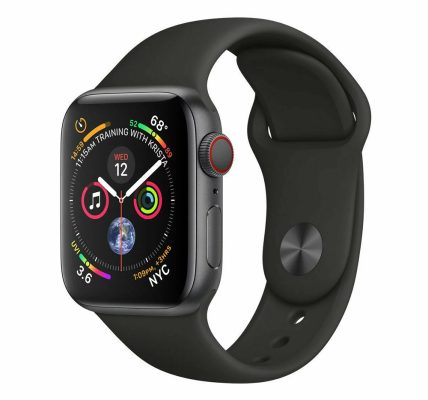Introduction
health information technology jobs Utilizing technology to manage and enhance patient care and operational efficiency, health information technology, or health IT, is a vital part of contemporary healthcare. This article examines the many career options in health information technology, as well as the necessary education, skills, job prospects, and commonly asked questions.
Understanding Health Information Technology
The systems and procedures used to electronically store, retrieve, and exchange health information are collectively referred to as health IT. For precise and safe patient care, this area is essential.
Career Paths in Health Information Technology
Health IT Specialist:
oversees EHR and ensures adherence to regulations.
Clinical Informatics Analyst:
improves care processes by making it easier for clinical experts and IT teams to communicate.
Health Data Analyst:
looks for trends in medical data to enhance patient outcomes.
Healthcare IT Project Manager:
supervises the implementation of IT projects in healthcare settings.
Skills for Success in Health IT
Important skills needed for jobs in health IT include:
Technical Proficiency:
health information technology jobs familiarity with health IT systems and data analytics tools.
Medical Terminology Knowledge:
familiarity with medical language and protocols.
Problem-Solving:
the ability to identify and resolve IT issues.
Communication:
effective collaboration with medical experts.
Regulatory Awareness:
knowledge of HIPAA and other regulations pertaining to healthcare.
Education and Training Requirements
Most health IT positions require:
Education:
a bachelor’s degree in health information management, computer science, or a related field. A master’s degree could be required for some jobs.
Certifications:
Relevant certifications (such CPHIMS and CHDA) can enhance employment opportunities.
Experience:
Having practical experience in IT or healthcare roles is advantageous.
Job Outlook and Salary Information
The demand for health information technology specialists is expected to rise significantly as a result of the expanding usage of electronic health records. The U.S. The Bureau of Labor Statistics predicts that employment of medical records and health information technologists will rise by X% between 2020 and 2030, with a median annual pay of $X in May 2020.
Frequently Asked Questions
What are the entry-level positions in health information technology?
Entry-level roles include Health IT Support Specialist, EHR Trainer, and Medical Coding Specialist.
How can I prepare for a career in health information technology?
Obtain relevant certifications, gain experience through internships, and pursue a health information management degree.
What challenges do health IT professionals face?
Among the challenges include ensuring data security, integrating new technologies, and managing complex legislation.
How does health IT improve healthcare quality?
It facilitates better provider-to-provider communication, expedites access to patient data, and supports decision-making.
What are the emerging trends in health information technology?
Emerging innovations include telemedicine systems, blockchain for secure data exchange, and artificial intelligence for predictive analytics.
What skills are employers seeking in health IT professionals?
Employers are looking for candidates with strong communication, data analysis, cybersecurity, and IT systems administration abilities.
Conclusion
Careers in health information technology offer rewarding opportunities for anyone interested in the intersection of technology and healthcare. By acquiring the necessary education, qualifications, and skills, you may succeed in this rapidly growing field and contribute to improving patient care and healthcare systems.
While keeping the most important details, this version is more condensed and structured. If you need any updates or additional information, just let me know!





